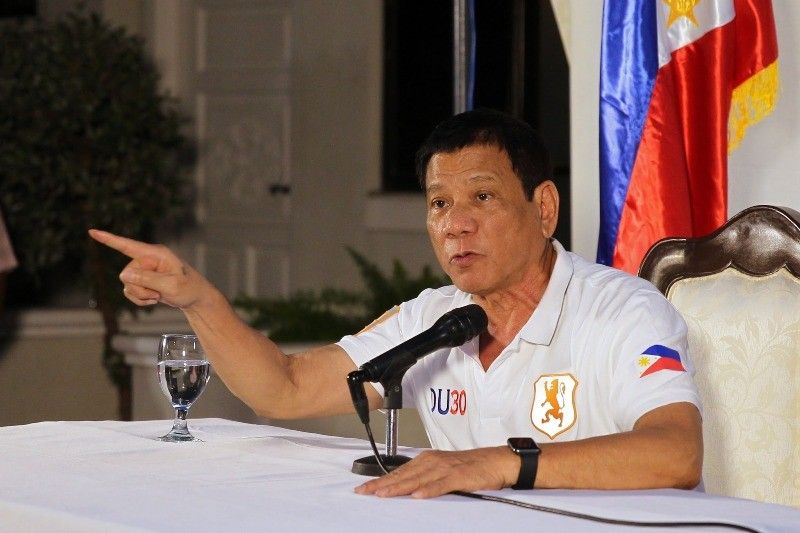Can Duterte withdraw Philippine membership to UN?

MANILA, Philippines — In his latest outburst against the United Nations for criticisms against his drug war, President Rodrigo Duterte threatened to withdraw Philippine membership from the international body.
He told the UN that the Philippines would leave once contributions made by the country were returned.
“With that amount, I can build so many rehab centers,” he added.
RELATED: Duterte threatens to withdraw Philippines from UN, hits US
Each member state of the UN has obligations to pay their share for peacekeeping as stated in Article 17 of the UN Charter.
The country’s assessed contributions for peacekeeping operations from 2013-2015 was at 0.03 percent of total cost. UN’s approved budget for peacekeeping operations for the fiscal year of 1 July 2015-30 June 2016 was about $8.27 billion.
Membership to the UN is open to all peace-loving states which accept obligations stated in the organization’s charter. The General Assembly will decide admission as a member upon the recommendation of the Security Council, as stated under Article 4 of the UN Charter’s Chapter 2 which tackles membership.
A provision on expulsion from the organization exists, which could happen upon the recommendation of the Security Council if a state persistently violated principles contained in the charter, but withdrawal was not included.
Proposals produced in 1944 at a conference at Dumbarton Oaks, a private mansion in Washington D.C., similarly lacked a withdrawal provision. It was at that conference where the creation of a post-World War II international organization to succeed the League of Nations, which came to be the UN, was discussed.
The absence of the provision was seen as a move to deviate from the weakness of the covenant of the League of Nations, established in 1920 after World War I as the first intergovernmental organization with the mission of maintaining world peace.
Japan left the League in 1933 after the latter condemned the former's invasion and occupation of China. Germany also left in 1933, while Italy left in 1937 after the League imposed economic sanctions against it for invading Abyssinia (present day Ethiopia).
A withdrawal provision was omitted in the Dumbarton Oaks Proposals so states could not use it to secure concessions or escape responsibilities. The framers intended a permanent organization.
No withdrawals
So far, only Indonesia attempted to withdraw from the UN when it opposed in 1965 Malaysia’s seat as Security Council member. It conveyed its termination of membership through a letter addressed to the UN secretary-general.
A year after, Indonesia declared that it intends to resume participation in the UN. The country’s prior action was not considered a withdrawal and it continued as a member without reapplying.
The Vienna Convention on the Law of the Treaties offers an alternative to state parties that want to terminate membership from international treaties.
Article 62 of the convention states that a state party can withdraw from a treaty if an unforeseen “fundamental change of circumstances” occurs.
The period of notice, which should be made in writing, must not be less than three months except in cases of special urgency. — Video by Efigenio Toledo IV
- Latest




























